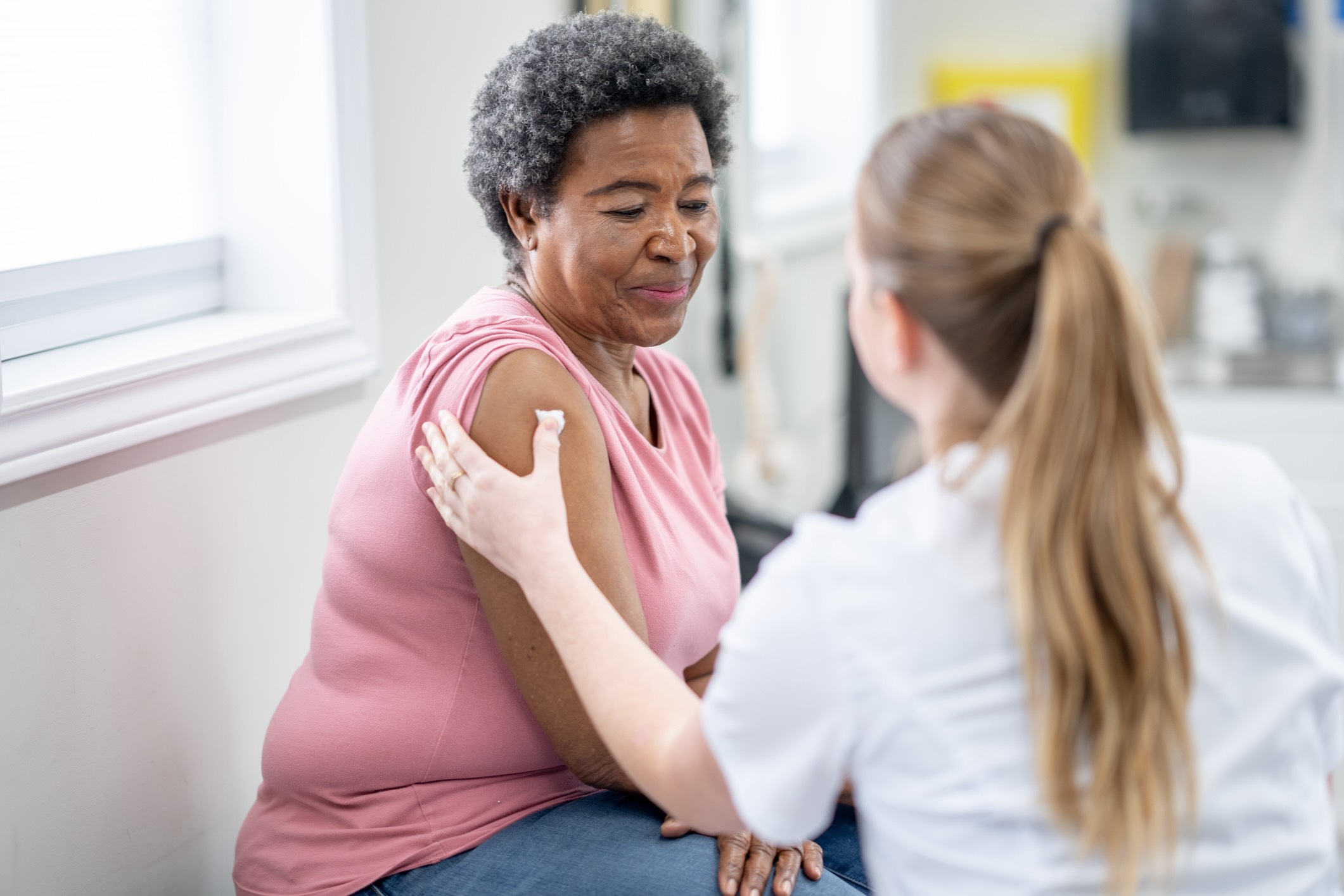Vaccinations for cancer prevention: A vital step toward a healthier future


Prevention is key in the fight against cancer. While lifestyle choices such as maintaining a healthy diet, regular exercise, and avoiding tobacco are crucial, vaccinations also play a significant role in cancer prevention. Vaccines can prevent certain infections linked to cancer, thereby reducing the risk of developing these cancers.
Human Papillomavirus (HPV) vaccine
The Human Papillomavirus (HPV) vaccine is one of the most effective tools in preventing cancers caused by HPV. According to recent studies, HPV is responsible for nearly all cases of cervical cancer, as well as many instances of anal, oropharyngeal (throat) and other genital cancers. The HPV vaccine protects against the most common cancer-causing strains of HPV.
The Centers for Disease Control and Prevention (CDC) recommends the HPV vaccine for:
- Preteens (boys and girls) aged 11 to 12, though it can be administered as early as age 9.
- Teenagers and young adults who missed the vaccine during their preteen years, up to age 26.
By receiving the HPV vaccine, individuals can significantly reduce their risk of developing these types of cancers later in life. Learn more about the HPV vaccine and screening.
Hepatitis B vaccine
Hepatitis B is a liver infection caused by the hepatitis B virus (HBV), which can lead to chronic liver disease and significantly increase the risk of liver cancer (hepatocellular carcinoma). The hepatitis B vaccine is a crucial preventive measure, as chronic HBV infection is a significant risk factor for liver cancer.
Experts emphasize the importance of the hepatitis B vaccine for:
- All infants, starting at birth.
- Unvaccinated children and adolescents younger than 19 years.
- Adults at risk for HBV infection, including those with chronic liver disease, health care workers, and individuals with multiple sexual partners.
The vaccine is typically administered in a series of three to four shots over six months, providing long-term protection against HBV. For more information, visit Hepatitis and Cancer.
Hepatitis A vaccine
While not directly linked to cancer prevention, the hepatitis A vaccine is important in preventing liver infections caused by the hepatitis A virus (HAV). Chronic liver disease, which can be exacerbated by HAV infection, is a known risk factor for liver cancer. Vaccinating against hepatitis A helps maintain liver health and reduces the burden of liver-related complications.
The CDC recommends the hepatitis A vaccine for:
- All children at age 1 year.
- Unvaccinated children and adolescents aged 2 to 18 years.
- Adults at risk for HAV infection or want to be protected.
Research continues to explore new vaccines that could further reduce cancer risk. For instance, vaccines targeting the Epstein-Barr virus, associated with certain lymphomas and nasopharyngeal cancer, are under investigation. The development and widespread adoption of such vaccines could profoundly impact cancer prevention.
Vaccinations are a powerful and underutilized tool in the prevention of certain types of cancer. By protecting against infections like HPV and hepatitis B, vaccines can significantly reduce the risk of developing related cancers. It is essential to stay informed about recommended vaccines and ensure timely immunization to safeguard against cancer. Take the first step - to learn more about these vaccines and if you would benefit, consult with your health care provider today!

 Close
Close